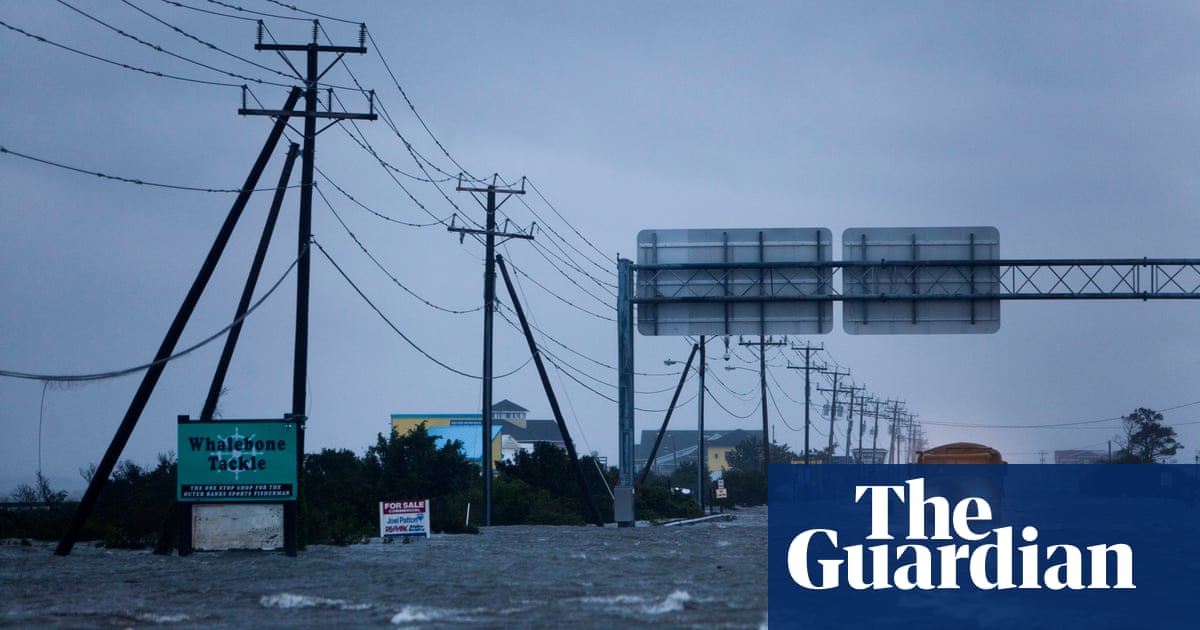Science isn’t an object
Fun fact: “science” isn’t an object that can be banned. “Science” is a method of observing the world and understanding it. It’s not infallible, because humans are not infallible, but one of the best aspects of the “scientific method” is it is self-correcting, like shooting an arrow closer and closer to the bull’s eye on a target. Banning “science” doesn’t move the target, it just means your arrow will miss it. And the target, of course, is the real world.
In 2012, the state now in the path of Hurricane Florence reacted to a prediction by its Coastal Resources Commission that sea levels could rise by 39in over the next century by passing a law that banned policies based on such forecasts.
The legislation drew ridicule, including a mocking segment by comedian Stephen Colbert, who said: “If your science gives you a result you don’t like, pass a law saying the result is illegal. Problem solved.”
North Carolina has a long, low-lying coastline and is considered one of the US areas most vulnerable to rising sea levels.
But dire predictions alarmed coastal developers and their allies, who said they did not believe the rise in sea level would be as bad as the worst models predicted and said such forecasts could unnecessarily hurt property values and drive up insurance costs.
As a result, the state’s official policy, rather than adapting to the worst potential effects of climate change, has been to assume it simply won’t be that bad. Instead of forecasts, it has mandated predictions based on historical data on sea level rise.
“The science panel used one model, the most extreme in the world,” Pat McElraft, the sponsor of the 2012 bill, said at the time, according to Reuters. “They need to use some science that we can all trust when we start making laws in North Carolina that affect property values on the coast.”
By the way, I support The Guardian by subscribing. It’s worth paying for, if you can afford it.
![[x]](/images/sigil_md.jpg) Blackmoor Vituperative
Blackmoor Vituperative